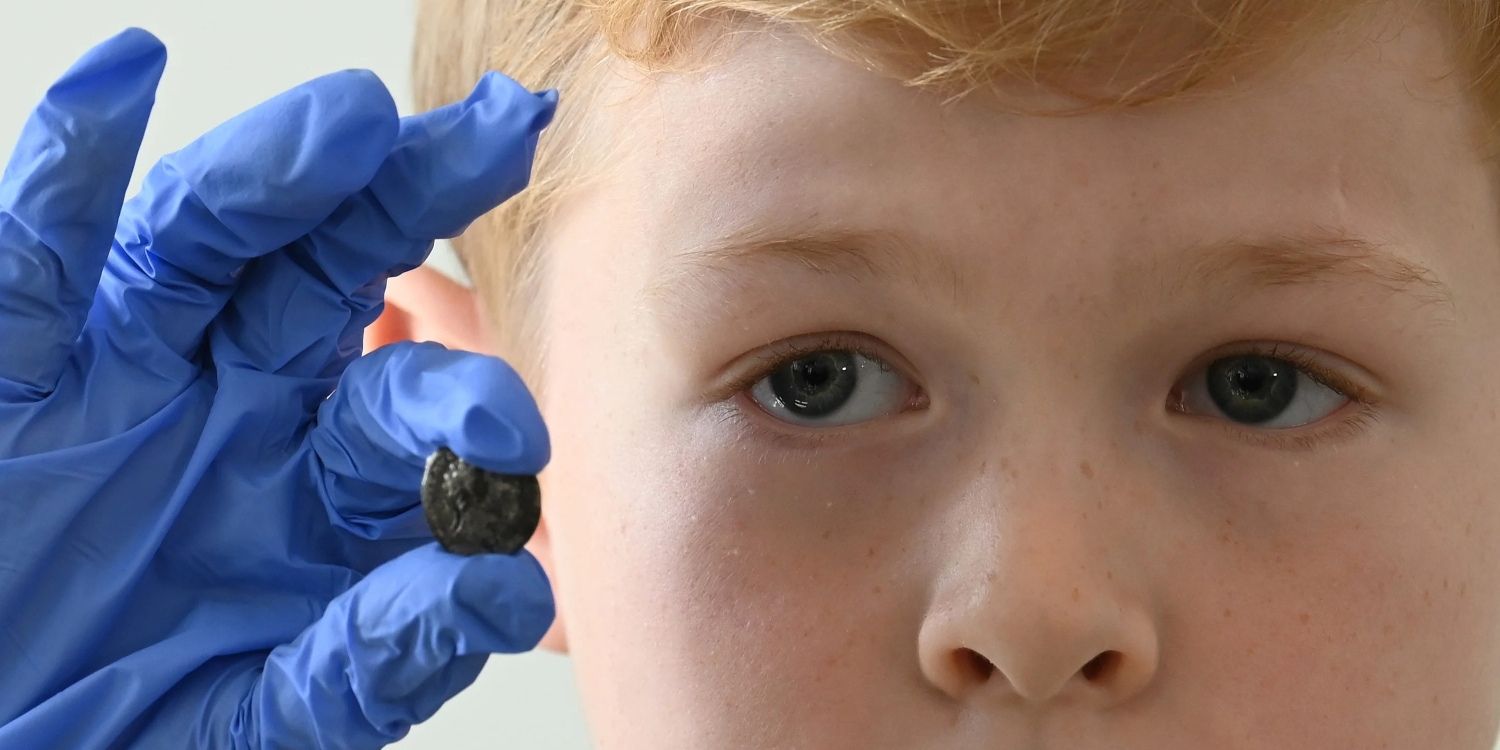An eight-year-old boy named Bjarne stumbled upon a remarkable find while playing in the sandbox at his elementary school in Bremen, Germany – a 1,800-year-old Roman coin, specifically a silver denarius. This discovery, made last year, was officially announced during a press event on August 11th. Uta Halle, the Bremen state archaeologist, expressed her appreciation for Bjarne’s carefulness, emphasizing the uniqueness of the find.
Boy Found an Ancient Roman Coin

Apparently, the discovery was very special because there have only been two comparable coin finds from the Roman Empire in the city of Bremen. Although much of what is now Germany was once part of the Roman Empire’s territory, Bremen was not, making the presence of the Roman coin exceptionally rare and somewhat perplexing.
Experts are unable to definitively explain how the coin ended up in Bremen, but they have proposed several theories. It is suggested that any Roman coins found so far north likely reached the region through trade, were deposited by the River Weser, or may have been brought as souvenirs by a world traveler.
The Coin Dated to the Time of Marcus Aurelius

The denarius, weighing 0.08 ounces (2.4 grams), is relatively lightweight. This is attributed to the fact that it was minted during a period of currency devaluation when inflation resulted in a reduction in silver content. When Bjarne initially unearthed this artifact, he was unaware of its historical significance, but his excitement grew as he learned more about it. The coin appeared round and shiny, prompting him to take it home.
The boy’s family later shared photographs of the coin with experts, who then requested to examine it in person. After thorough analysis, they were able to date it to the reign of Marcus Aurelius, who ruled from 161 to 180 C.E. Officials commended Bjarne for his alertness and curiosity and presented him with two archaeology books as recognition.
Despite his remarkable discovery, Bjarne will not be permitted to keep the artifact. The coin will probably be displayed at Bremen’s Focke Museum.